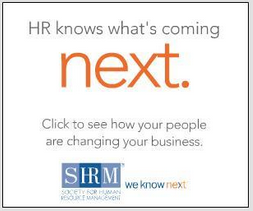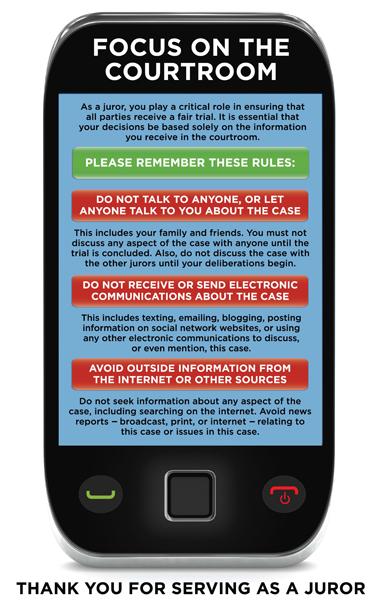Search
Here’s a tip. Don’t post Peyton Manning’s dinner bill on the ‘net.
 Because it’ll cost you your job.
Because it’ll cost you your job.
Dale Gibson of The Triangle Business Journal reports here that a waiter at The Angus Barn in Raleigh, NC posted on the internet a copy of Peyton Manning’s credit card receipt from a recent dinner there. Manning may not have a job, but he tips like a boss! Not like Mr. Pink. (Go to YouTube and search for “Reservoir Dogs – Tipping Scene” — you’ll find a number of hysterical, albeit completely NSFW videos about tipping etiquette).
 The Employer Handbook Blog
The Employer Handbook Blog





 Yesterday, I had the absolute privilege of moderating a panel on social media in the workplace at
Yesterday, I had the absolute privilege of moderating a panel on social media in the workplace at  A little birdie told me that
A little birdie told me that 